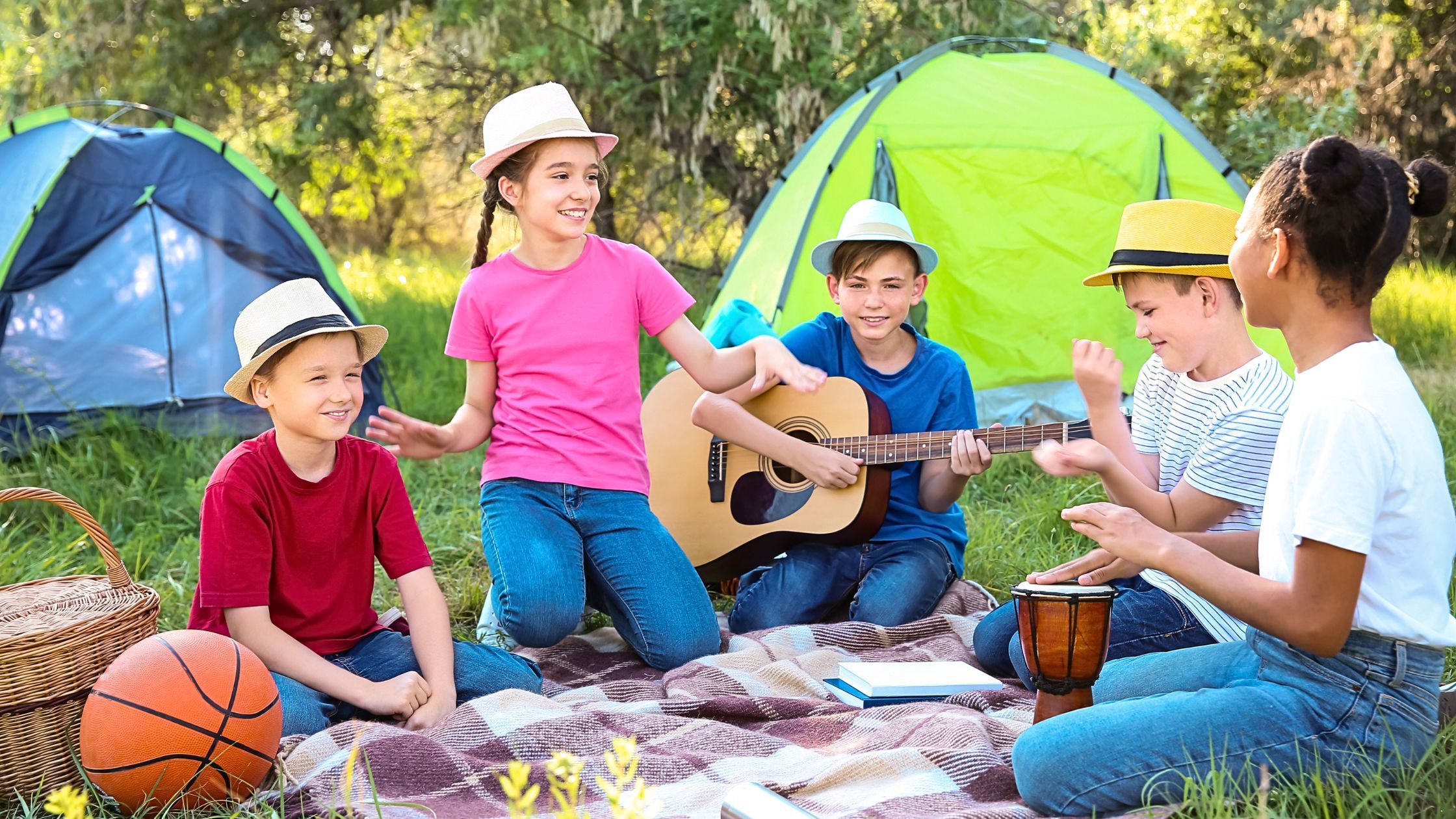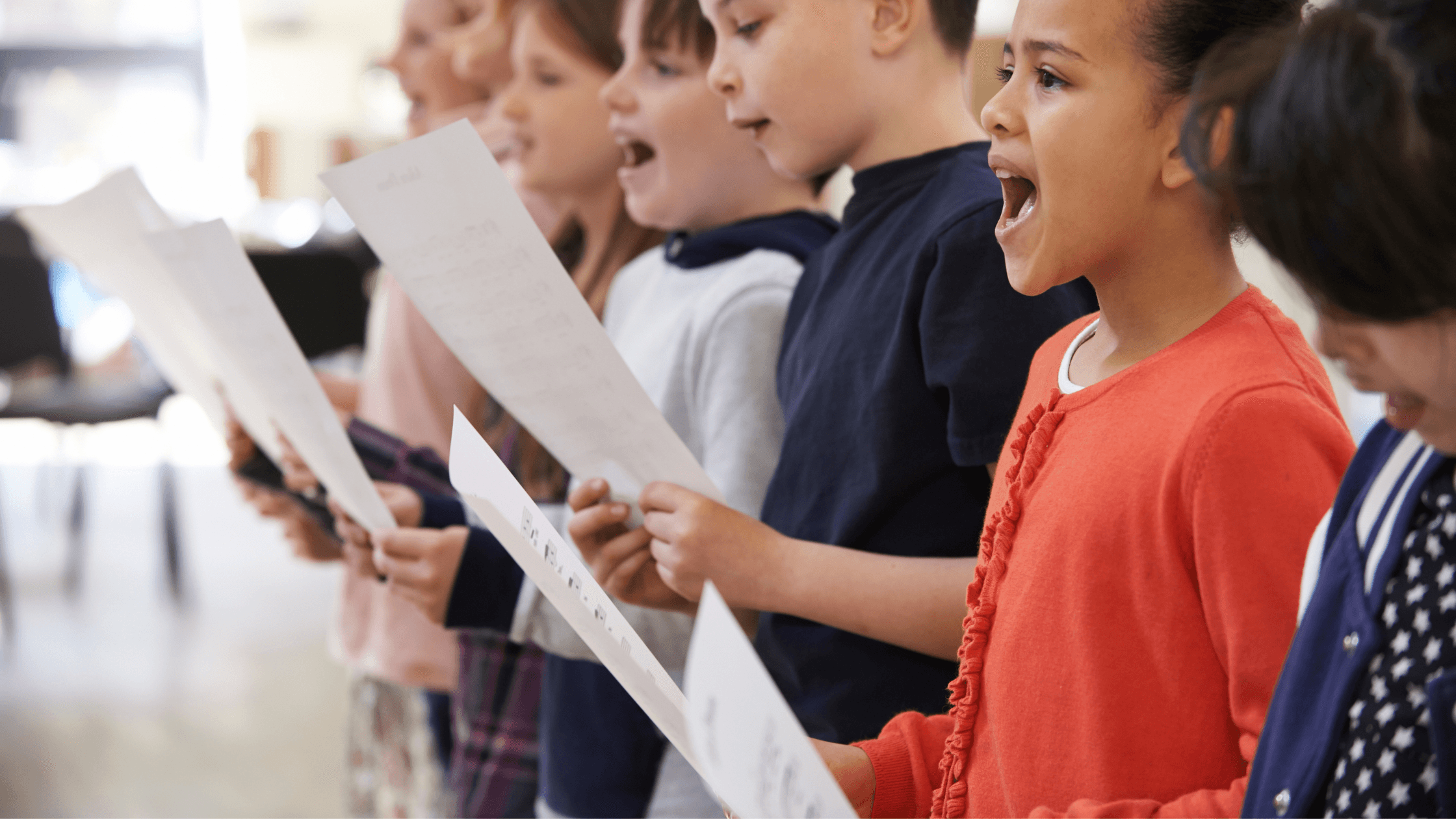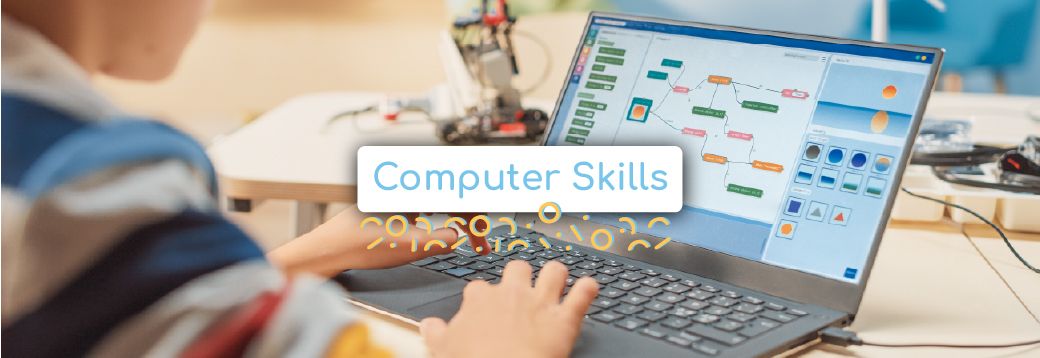May'25
When most people think of camps, they imagine cooking s’mores around a bonfire, morning hikes, and archery practice in the woods. But what if we told you that the true power of camps has nothing to do with the outdoors?
Camps are development labs in disguise—where kids grow far beyond physical fitness. They cultivate emotional resilience, social intelligence, leadership, and creativity. Let’s dive into the transformative power of camps and explore why they are one of the most powerful developmental tools in a child’s life.
More Than Muscles: The Real Architecture of Camps
In a camp setting, kids don’t just move—they evolve. The carefully curated environment of a good camp provides structure, freedom, challenge, and community in just the right measures. It’s where campers wake with purpose, engage in meaningful collaboration, and navigate their own decisions—often for the first time.
According to the American Camp Association (Source: CampCounts 2020 - American Camp Association), 92% of campers report feeling more confident and capable by the end of a multi-week session. And this confidence doesn’t stem from praise—it’s forged in real-world trial and discovery.
Social Skills: Lessons Without a Classroom
Camps are immersive social ecosystems. Away from the pressures of school cliques and academic performance, kids learn to relate, compromise, and lead through shared tasks and experiences.
Remember the kid who was painfully shy at the start of the week? By day five, they’re negotiating team strategies in a game or stepping up to emcee the talent show. According to a University of Waterloo study (Source: Summer camp results in lasting behaviour change in youth), children in sleepaway camps demonstrated a marked improvement in empathy, adaptability, and conflict resolution skills—qualities foundational to emotional intelligence.
Resilience: The Gift of the Challenge
Unlike curated digital spaces or parent-guided playdates, camp experiences often challenge kids in safe but uncertain ways. Whether it’s learning to paddle a canoe, navigate a rope course, or sleep away from home, each task stretches their tolerance and builds psychological resilience.
These moments act as micro-stressors that strengthen a child’s capacity to manage future obstacles—something psychologists call "grit." And grit, compared to IQ, is a better predictor of long-term success according to research published in the Journal of Personality and Social Psychology (SOURCE LINK).
The Creativity Catalyst
Most camps encourage kids to unplug, play outdoors, and think on their feet. Left without screens or toys, kids innovate they build forts, invent characters, design treasure hunts.
This spontaneous invention is exactly what fuels creative cognition. A recent study in the Journal of Youth Development (Source: Summer Camp as a Force for 21st Century Learning) highlighted that campers showed enhanced problem-solving abilities and divergent thinking skills essential in the modern, innovation-driven world.
Leadership: Learned, Not Assigned
At camp, leadership is born from action and initiative. A child who quietly helps a friend with stage fright or leads their team through a tricky trail challenge is stepping into a leadership role without realizing it.
According to Harvard’s Making Caring Common Project, environments like camps that promote autonomy and service are fertile grounds for raising socially responsible leaders. This leadership is rooted not in authority, but in empathy and cooperation.
A Miniature Society: Life Skills in Action
Camps are self-contained societies where kids handle real responsibilities—cleaning up, keeping schedules, planning skits. These moments may seem small but teach executive functioning, time management, and independence.
One 10-year-old might learn to fold clothes properly for the first time; another might finally learn how to tell time. The lessons are subtle but significant.
Conclusion: Camps Grows the Muscles and the Minds
When the tents are folded and the buses head home, kids return with more than tan lines and campfire songs. They come back transformed—more independent, socially aware, emotionally resilient, and deeply inspired.
And that’s where Wondrfly steps in.
Wondrfly connects families to transformative experiences. Whether it's drama, robotics, dance, or outdoor survival, Wondrfly resources curate's extracurricular journeys that help children explore who they are and who they can become.
Because in the right environment—with a little encouragement and a lot of adventure—kids don’t just grow… they thrive.



